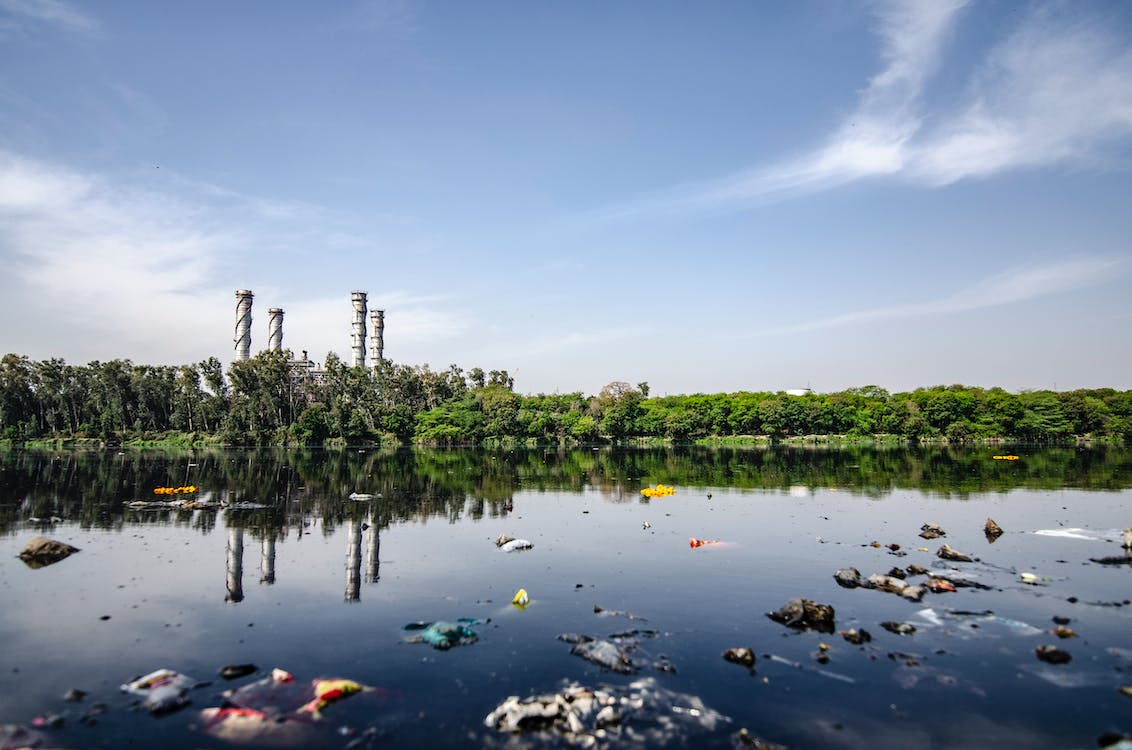How Water Pollution is Disrupting Your Health and Lifestyle

Like all living beings, humans, too, are dependent on water. Unfortunately, given the rate at which water is being polluted, our dependency on it might prove to be costly.
According to a 2021 report by the UNEP, 40 percent of around 75,000 water bodies across 89 countries were severely polluted. What’s more concerning is that the rate at which water bodies are being polluted is drastically high.
UNESCO reports that around two million tons of sewage water and drain waste enter the world’s waters every day. As such pollutants find their way into the water bodies, the water quality deteriorates, which, in turn, leads to severe consequences.
Having established all that, let’s explore some of the ways water pollution is disrupting your health and lifestyle.
Contaminated Drinking Water
One of the most immediate and direct impacts of water pollution is the contamination of drinking water sources. When pollutants such as heavy metals, pesticides, bacteria, and chemicals infiltrate the water supply, they pose serious health risks to those who consume water from it. Such was the case in the Camp Lejeune water contamination incident.
As TorHoerman Law explains, over a million people in Camp Lejeune, North Carolina, were exposed to toxic substances in the water. Many of them also ended up developing cancer due to consuming this contaminated water. The Camp Lejeune incident was a result of spills and leaks from underground storage tanks, waste disposal sites, and businesses.
This incident eventually led to the Camp Lejeune lawsuit. The settlement amounts from this lawsuit will go toward the Camp Lejeune victims to pay for their injuries and other losses. The incident at Camp Lejeune acts as a grave reminder of how deadly the impact of contaminated water can be.
Waterborne Diseases
Water pollution provides a breeding ground for harmful microorganisms, leading to the spread of waterborne diseases. Bacteria and viruses like E. coli, cholera, and hepatitis thrive in polluted water, and their ingestion can cause severe gastrointestinal infections and other life-threatening illnesses.
Developing countries with inadequate sanitation and access to clean water are particularly susceptible to outbreaks of waterborne diseases. This leads to higher mortality rates and reduced quality of life in those countries.
According to Al Jazeera, countries in Africa are at severe risk due to water pollution. Citizens from these countries are the most at risk of dying due to unsafe drinking water. The deaths are mostly caused due to various waterborne diseases like cholera, dysentery, and typhoid.
Disrupted Aquatic Ecosystems
Water pollution not only affects human health but also disrupts aquatic ecosystems. Pollutants can lead to algal blooms, oxygen depletion, and toxic accumulations. This results in the death of aquatic organisms and the destruction of fragile ecosystems.
As a consequence, the decline in fish populations impacts fishing industries, food sources, and the balance of natural habitats. All this, in turn, affects human livelihoods and economic well-being.
Impact on Recreational Activities
Water pollution can significantly limit opportunities for recreational activities, such as swimming, boating, and fishing. Contaminated water bodies pose risks of skin irritations, respiratory problems, and infections to individuals engaging in water sports.
Besides, fish caught in polluted waters may accumulate toxins, rendering them unsafe for consumption. As a result, recreational opportunities diminish, leading to a decrease in tourism and a negative impact on local economies.
Agricultural and Food Contamination
Water pollution can contaminate agricultural lands through the absorption of pollutants by crops and livestock. When farmers irrigate their fields with polluted water, harmful substances infiltrate the soil, impairing the growth of crops and compromising their nutritional value.
Moreover, animals consuming polluted water may accumulate toxins in their bodies, affecting the safety of meat and dairy products. Consequently, consumers may be exposed to health risks, and farmers may experience economic losses due to reduced crop yields and market demand.
Mental and Psychological Impact
Beyond the physical health effects, water pollution can also have profound mental and psychological impacts. The degradation of natural water bodies, once pristine and awe-inspiring, can lead to feelings of sadness, anxiety, and detachment from the environment.
Studies have shown that access to clean water and natural surroundings contributes to improved mental well-being. On the other hand, the loss of such resources can negatively affect people’s quality of life, exacerbating stress and mental health issues.
Conclusion
Given how dependent we are on water, it’s tough to see the levels of water pollution the world is having to deal with right now. The situation was a lot better just a few decades ago. However, thanks to rapid industrialization and urbanization, this situation has changed rapidly.
The points mentioned above are just some of the many ways water pollution is hampering our health and lifestyle. Right now, unless we can stop water pollution at its roots, the situation will only worsen. Not only will the above-mentioned problems grow bigger, but we’ll have to deal with new ones as well. Thus, if we don’t act now, it only gets worse from here on.